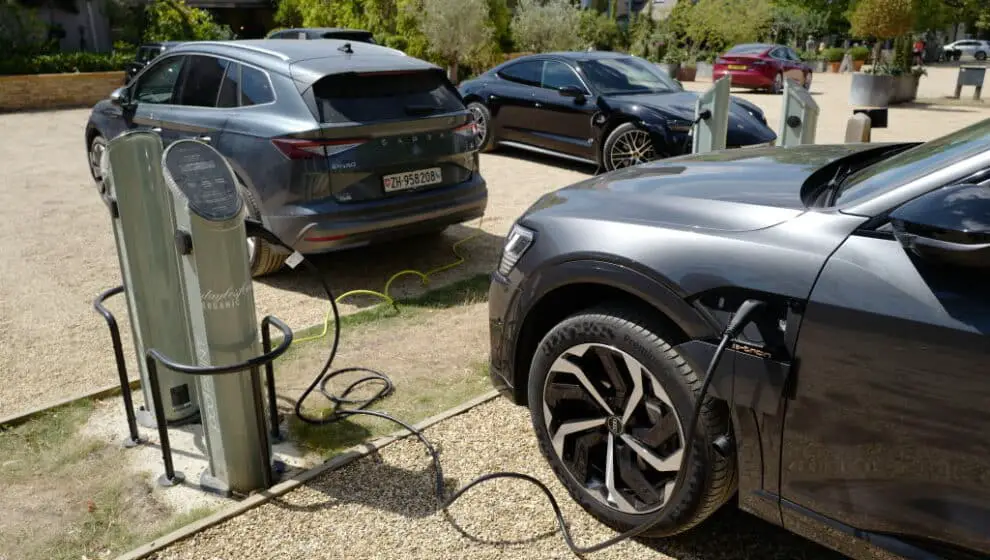The European Union aims to be all electric by 2035 by banning the sale of internal-combustion-engine (ICE) cars.
Key Details
- Countries around the world are aiming to move away from fossil-fuel-dependent cars and toward cleaner-burning energies.
- The main route countries are taking is limiting the purchases of ICDs and encouraging citizens to go with electric vehicles (EV).
- The European Union (EU) is the latest to jump on the electric movement by approving a ban on all sales of new gasoline and diesel vehicles by 2035.
Why it’s news
EVs have rapidly increased market share. Not only are the vehicles the best tech, but they also run completely off electricity and not gas making a big wave toward cleaner energy.
Many countries have been pushing citizens to switch to EVs—the latest being the EU.
EU lawmakers and member countries have officially reached a deal on Thursday to ban gas-powered cars by 2035. The ban marks the first step towards the EU’s goal of cutting greenhouse gas emissions by 55% over this decade.
Under the deal, carmakers will be required to reduce the emissions of new cars sold by 55% in 2030, compared to 2021, before reaching a 100% cut five years later, according to AP News.
The European Parliament said the deal states: “The EU is serious about adopting concrete laws to reach the more ambitious targets set out in the EU Climate Law.”
The reason for the ban is that transportation is the only sector in the EU where emissions have increased in the past 30 years rising around 33%.
Problems
The EU is setting its sights on being completely electric by 2035, but reports show that the country doesn’t have adequate charging stations to support the decision.
No plans have been made as of now, but if the plan goes into effect something must be done in order to support all of the battery powered cars on the road.

